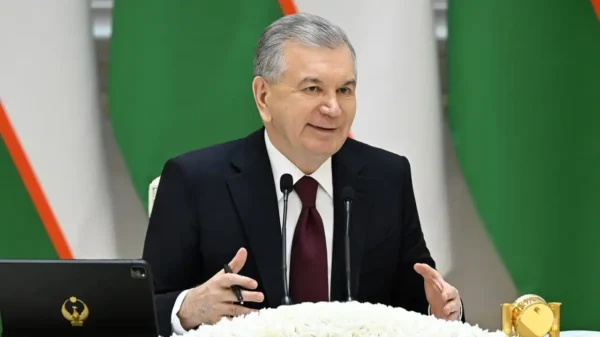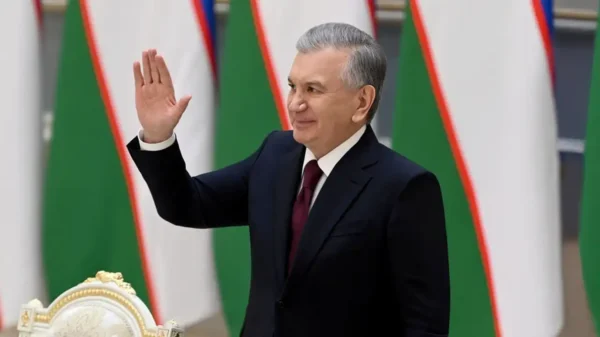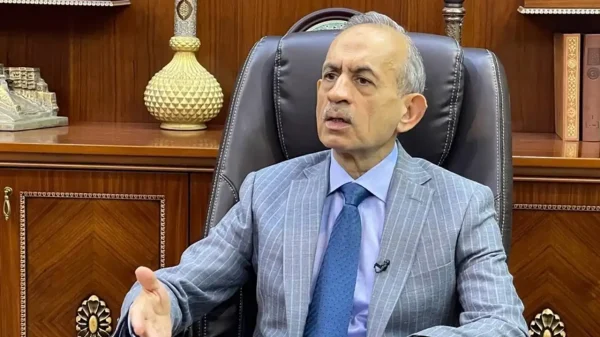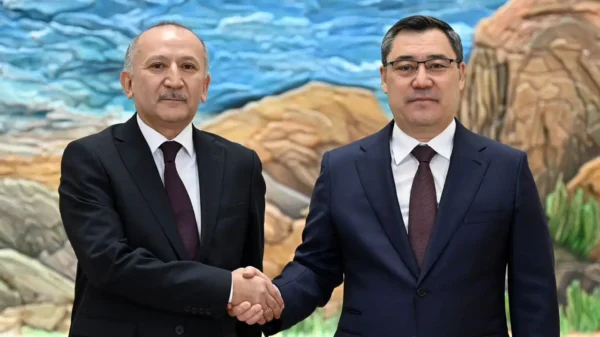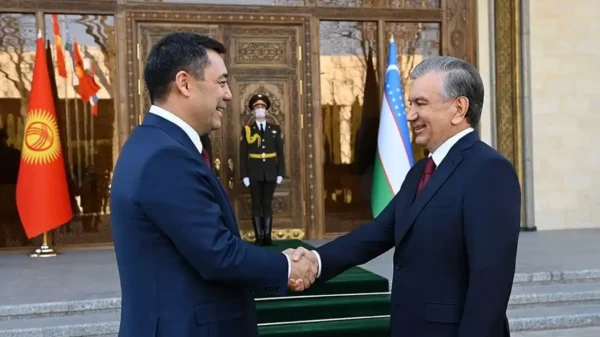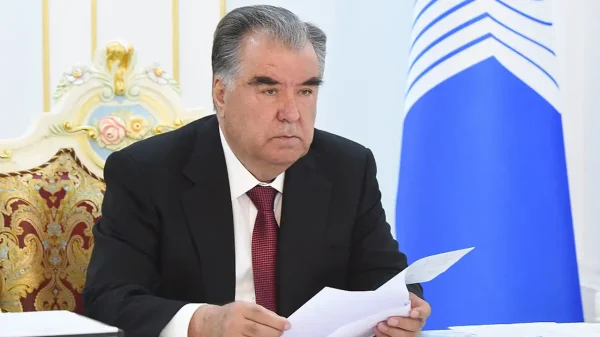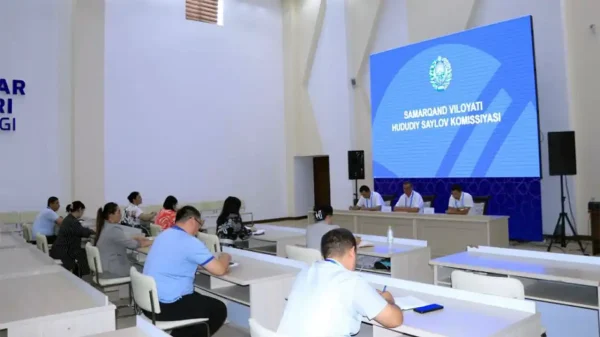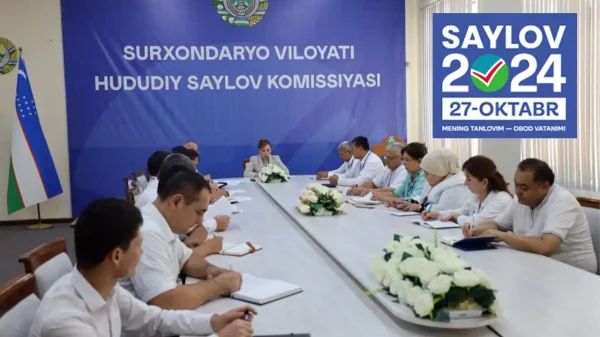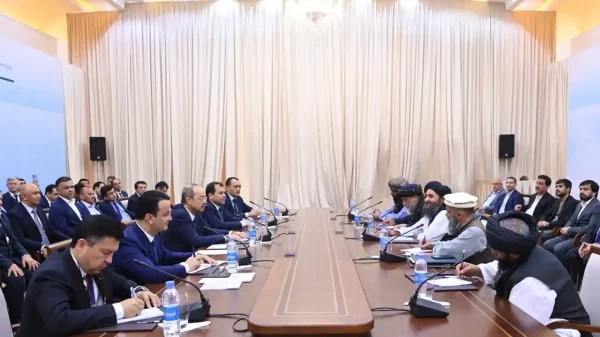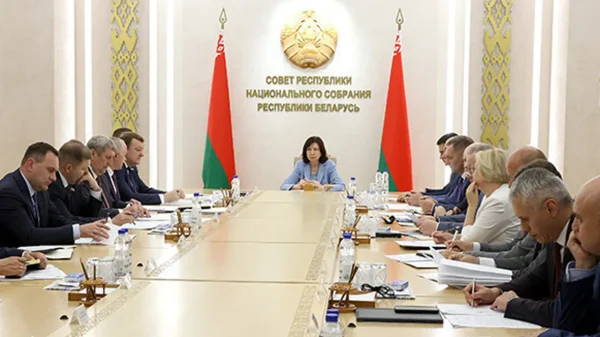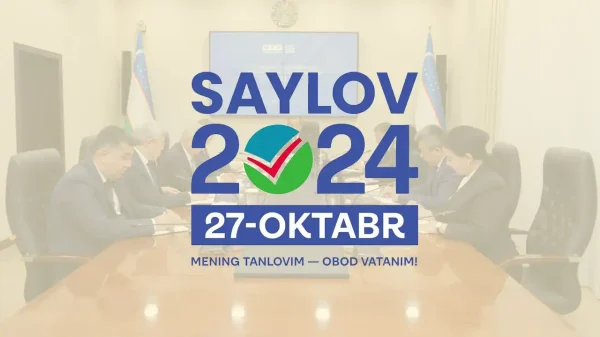Kookmin Bank, one of South Korea’s largest financial institutions, has announced that it will cease processing SWIFT transfers in U.S. dollars for Kyrgyz banks starting September 2024. This decision stems from the growing complexity of sanctions imposed by Western nations, which has led to stricter requirements for the analysis and verification of cross-border payments by foreign banks.
Kookmin Bank
The National Bank of the Kyrgyz Republic provided insight into the situation, stating that Western sanctions are prompting foreign banks, including Kookmin Bank, to tighten their scrutiny over transactions involving Kyrgyz banks. As a result, Kyrgyzstan’s commercial banks face increased challenges in maintaining smooth financial operations, particularly in handling cross-border transactions.
To counter these challenges, Kyrgyzstan’s commercial banks are actively seeking to diversify their correspondent networks and establish new relationships with foreign banks. The National Bank of the Kyrgyz Republic is playing a pivotal role in this effort, offering comprehensive support to ensure that Kyrgyz banks can continue providing uninterrupted services to their clients.
The move by Kookmin Bank follows an earlier restriction imposed in October 2023, when the Korean correspondent bank began limiting SWIFT dollar transfers to Kyrgyz banks. Kookmin Bank’s influence is significant, as it ranks among the top four banks in South Korea by asset value and was listed as the 60th largest bank globally in 2017.
SWIFT, the Society for Worldwide Interbank Financial Telecommunication, is a globally recognized system for transferring money between banks across different countries. The use of a SWIFT code is a hallmark of a bank’s reliability, ensuring secure transfers for both individuals and organizations.
The upcoming halt in SWIFT transfers by Kookmin Bank could have broader implications for Kyrgyzstan’s banking sector. It may compel other international banks to reassess their relationships with Kyrgyz banks, particularly in light of the expanding sanctions landscape. As Kyrgyz banks strive to adapt to these changes, the importance of establishing and maintaining robust correspondent relationships with foreign banks cannot be overstated.
In response to these developments, Kyrgyzstan’s commercial banks are expected to intensify their efforts in exploring alternative financial networks. This may involve seeking partnerships with banks in countries less impacted by Western sanctions, thereby ensuring continued access to global financial markets. The National Bank of the Kyrgyz Republic remains committed to facilitating these efforts, recognizing the critical role that international banking relationships play in the nation’s economic stability.
The coming months will be crucial for Kyrgyzstan’s banking industry as it navigates the challenges posed by Kookmin Bank’s decision. The focus will be on finding sustainable solutions that maintain the flow of international transactions, thereby safeguarding the interests of businesses and individuals relying on cross-border financial services.



